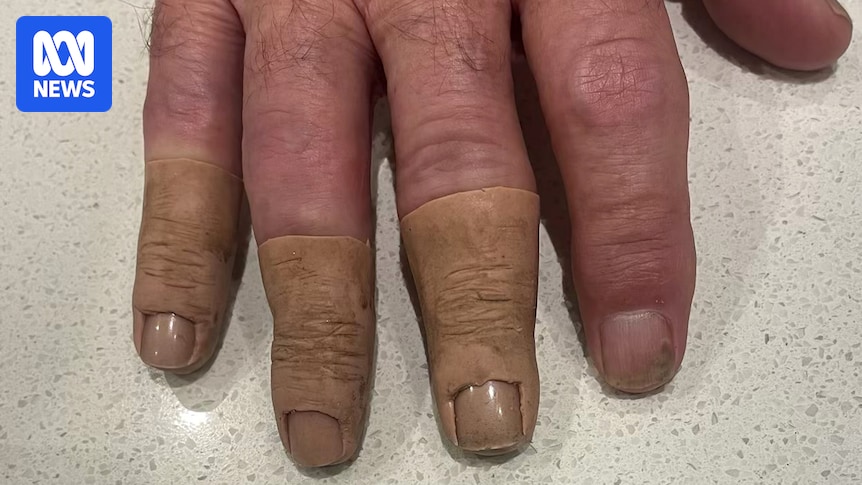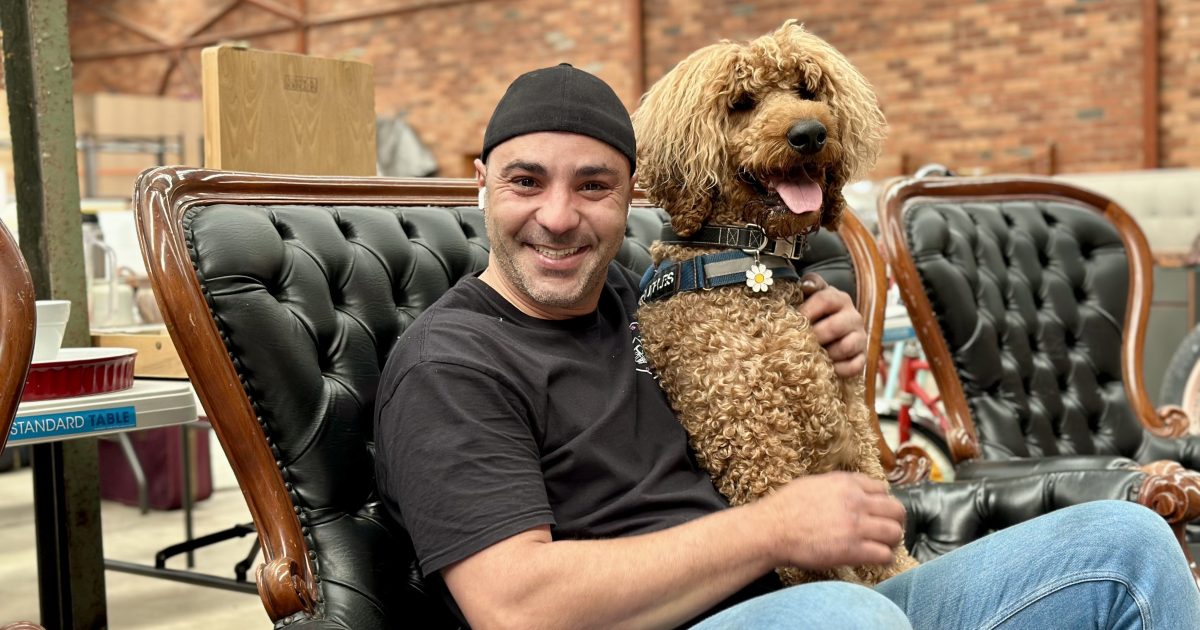
Clients of Australian ocularist Jack McDonald are questioning their consumer rights after spending substantial amounts on prosthetics that were ill-fitting, painful, or never delivered. McDonald, who operated across multiple states, is currently under investigation by the Victorian Health Complaints Commission and has been ordered to cease operations.
The investigation follows numerous complaints from clients dissatisfied with prosthetic eyes, ears, and fingers crafted by McDonald. Many are now seeking clarity on their rights to refunds or replacements for the unsuitable products they received.
Clients Recount Their Experiences
One of the affected clients, Stan Maine, lost three fingertips in a farming accident and sought McDonald’s services for prosthetic replacements. Over 21 appointments, Maine received prosthetics that were the wrong color and shape, describing them as if they “came out of a show bag from the Melbourne show.” Despite promises of a satisfactory replacement, McDonald failed to deliver, leaving Maine $3,700 out of pocket without a refund.
Similarly, Bevan Swan, 81, expressed his dissatisfaction with a prosthetic eye from McDonald that fell out while he was in a paddock. Although a second eye was provided, Swan remains unhappy and unable to travel interstate for alternatives, leaving him with a “terrible” prosthetic.
Understanding Consumer Rights
Under Australian Consumer Law (ACL), products must be of acceptable quality, fit for their intended purpose, and match their description. Maurice Blackburn principal lawyer Tom Ballantyne explains that consumers are entitled to a refund, replacement, or repair under these guarantees.
“For lower value claims of $10,000 to $20,000, refunds can be pursued through a state’s magistrate’s court or Civil and Administrative Tribunal,” Ballantyne stated, noting the tribunal’s accessibility and cost-effectiveness.
Michelle McEvoy successfully secured a $4,400 refund for an undelivered ear prosthetic through the New South Wales Civil and Administrative Tribunal (NCAT), describing the process as straightforward. Other options include engaging a lawyer or consulting consumer protection organizations like Consumer Affairs Victoria.
Exploring Class Action and Government Support
While a class action requires at least seven people with similar grievances, Ballantyne notes the difficulty in McDonald’s case due to the varied nature of individual complaints. The lack of uniformity in client experiences complicates the potential for a collective legal approach.
Meanwhile, there is growing advocacy for government-funded facial prosthetics, as Medicare currently does not cover these costs. Head and Neck Cancer Australia highlights the absence of funding in several states, leaving many Australians to bear significant expenses for necessary prosthetics.
“Everyone we speak to is absolutely horrified,” said Nadia Rosen, chief executive of Head and Neck Cancer Australia, emphasizing the financial burden on patients.
Anaplastologist Sophie Fleming advocates for a national funding scheme, suggesting it could also foster a training and accreditation pathway for prosthetic services.
Federal Health Minister Mark Butler has acknowledged the issue, stating the government’s commitment to supporting cancer survivors and initiating a review of state and territory prostheses programs to identify coverage gaps.
This unfolding situation highlights the critical need for consumer protection and equitable access to essential medical devices, with potential implications for policy reform and industry standards in Australia.







